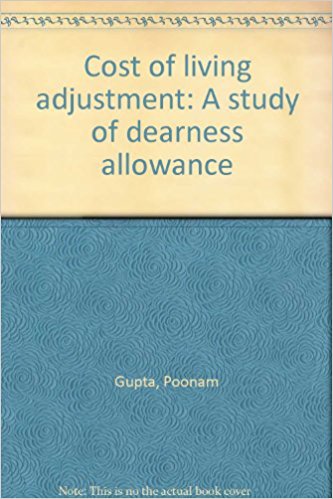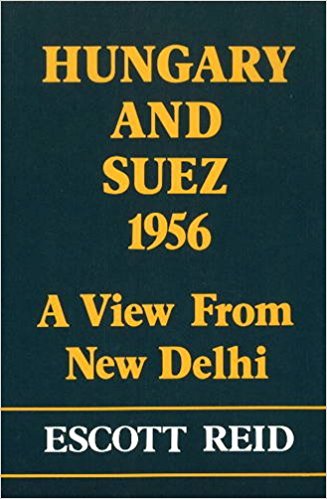1987
Ranga Rao’s first novel Fowl-Filcher is a Chaucerian repast. Farce, accident, violence, sex, pathos—all find place in this rapid-fire narrative. Shot after shot changes the scene, but keeps the tempo, in the manner of the famous author of The Canterbury Tales.





